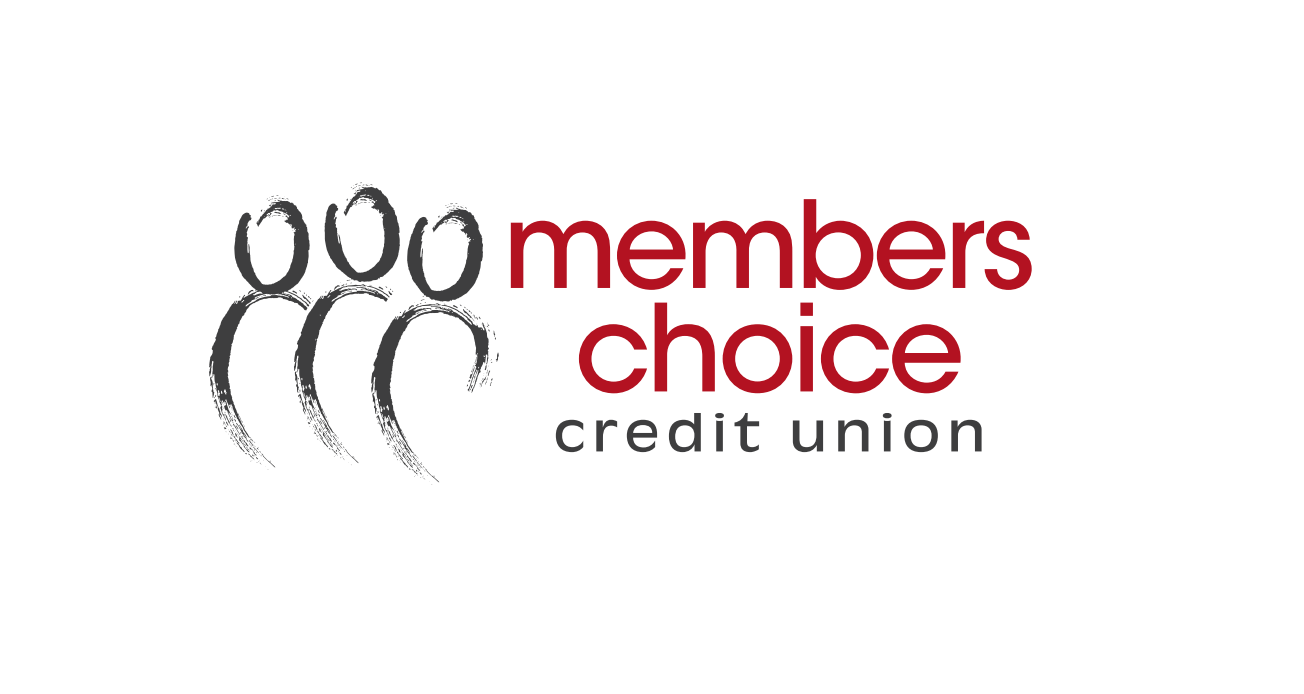April is National Financial Literacy Month, a time to focus on the importance of financial education and how it can benefit individuals and families in the long run. As parents, it’s essential to teach our children about finances and how to manage money from an early age. Today, we’ve partnered up with Members Choice Credit Union to bring you five tips for improving your child’s financial literacy!
Start Early
It’s never too early to start talking to your kids about money. You can start by explaining the basics of money and what it’s used for. Show them how to count coins and explain what each denomination represents.
For younger kids, invest in a piggy bank! This way they can visually see their money and watch it grow from week to week. Also, start by giving them jobs/chores to help them earn the money and put a portion in savings and let them buy a small toy with the rest.
Be Honest about Financial Literacy
Give real life, age-appropriate examples about why saving money is important and how you manage money in your own home.
It’s important to be honest with your kids about your own finances. This will help them understand the importance of financial responsibility and the consequences of poor financial decisions. For example, you can explain how you save for emergencies or how you budget for vacations.
Encourage Saving and Budgeting
Teach your kids the value of saving by encouraging them to set aside a portion of their allowance or earnings. They can do this through a piggy bank or a real bank account. Teach them about interest. This will not only help them learn about money management, but also develop good financial habits that will benefit them in the long run. You can also help them to begin building good money management skills and develop smart saving and spending habits with a Student Checking account!
Make sure they understand the importance of an emergency fund and help them to set a manageable weekly savings goal. Talk about how you can set up an automatic transfer in the bank so that on payday, the savings goes straight into a different account that won’t get touched.
Budgeting is a crucial aspect of financial management. As your children get older, teach them how to create a budget and stick to it. This will help them learn how to prioritize their expenses and save money for their future goals. Budgeting means sometimes skipping the wants and the nice to haves and focus on the needs.
Teach Them about Building Credit
Good credit is an important part of a person’s ability to borrow money later. Building a good credit history early means that down the road, your child will get better rates on auto, mortgage or other loans.
For older kids of driving age: instead of buying a car for them, help them with a credit-builder product such as a first-time auto loan (with you as the parental co-signer and person with an existing credit score) so that they can start building credit in their name.
For college aged kids: if you put a credit card in your name with their name as an authorized signer, they don’t build credit history. But if they are over 18, you can help them get a credit card in their name as a co-signer. Whichever route you go with a credit card, be sure to talk to them about responsible credit use!
Teach Them To Keep their Money Safe
An emergency fund should be in a separate account from their daily spending money. They want that account to be safe, liquid, and earn the highest rate of return possible without putting money at risk. Some options to consider are a high-yield savings account or a money market account.
Make sure your kids know to not send back a P2P payment (eg: Zelle, Venmo, CashApp) to an individual they don’t know. Scammers will “accidentally” send you money on a P2P service and ask for it back which could allow them to withdrawal additional funds from your account. Never send money to someone you don’t know or have never met in person. Scammers have been known to impersonate legitimate businesses, including banks.
Financial Literacy is an important life skill that children need to learn from an early age. Use National Financial Literacy Month as an opportunity to start these conversation and set your children on the path to financial success. Make sure to check out Members Choice Credit Union and the various options and resources they have for families. They are big enough to provide you with financial products and services that help you succeed, and small enough to care about why personal service and community support still matters! Learn how to join now for better rates, lower fees, and more benefits!



















